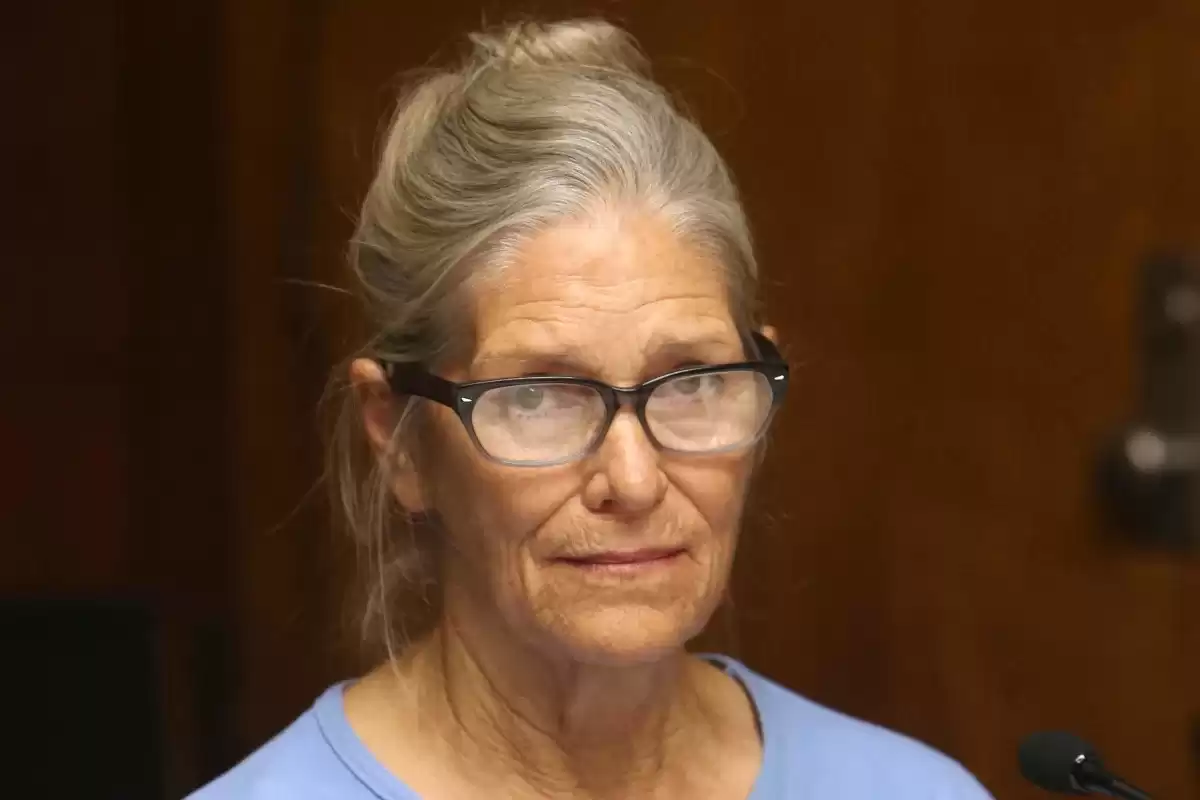California governor agrees to parole ruling of Manson follower Leslie Van Houten
Charles Manson follower Leslie Van Houten could be released soon.
Leslie Van Houten, a former follower of Charles Manson, may soon be released from prison after spending over 50 years behind bars for her involvement in two murders in 1969. California Governor Gavin Newsom has decided not to appeal a parole ruling by a California appeals court, clearing the way for Van Houten's potential release.
The governor's office stated that an appeal against the parole ruling was unlikely to succeed, as the California appeals court only accepts reviews in about 3% of cases petitioned. While Newsom expressed disappointment with the court's decision, he chose not to pursue further action, acknowledging the low chances of success.
This decision by Newsom aligns with the actions of his predecessors, who also respected parole board decisions recommending Van Houten's release. Since 2016, she has been recommended for parole five times.
The governor's office acknowledged the lasting impact of the Manson cult's brutal offenses on the victims' families and all Californians. However, they recognized the unlikelihood of further appeals succeeding and chose not to pursue them.
Van Houten's attorney, Nancy Tetreault, revealed that her client could be paroled in a matter of weeks. Van Houten herself expressed joy and gratitude, emphasizing that she is not the same person she was when she committed the murders.
At 72 years old, Van Houten is serving a life sentence for her role in the killings of Leno LaBianca and his wife, Rosemary. Manson and his followers carried out these murders in Los Angeles in 1969 when Van Houten was just 19 years old.
In the most recent parole denial, Newsom stated that Van Houten still posed a danger to society, citing her inconsistent and inadequate explanations for her involvement with Manson. However, the second district court of appeal in Los Angeles overturned Newsom's decision, arguing that there was no evidence to support the governor's conclusions about Van Houten's fitness for parole.
The judges took issue with Newsom's claim that Van Houten failed to explain how she fell under Manson's influence. In her parole hearings, she extensively discussed the factors that led her vulnerable to Manson, including her parents' divorce, drug and alcohol abuse, and a forced illegal abortion.
The judges also disagreed with Newsom's suggestion that Van Houten's past violent acts were indicative of future concerns if she were to be released. They highlighted her extraordinary rehabilitative efforts, insight, remorse, realistic parole plans, support from family and friends, favorable institutional reports, and the fact that she had received four successive grants of parole.
While one judge dissented, arguing that Van Houten lacked insight into the heinous killings, the majority agreed with the parole board's decision to grant her release.
Van Houten's upbringing in Altadena, located 15 miles outside of Los Angeles, was marked by a difficult childhood. In a 2017 parole hearing, she described her parents' divorce, drug use at a young age, and her decision to run off to San Francisco for the "Summer of Love" with her boyfriend. It was during this time that she encountered Manson at a commune in northern California. The following year, Van Houten and several other Manson followers committed the murders of the wealthy grocers.
Overall, Van Houten's potential release after more than five decades in prison has sparked debate and raised questions about the nature of rehabilitation, the impact of cults, and the complexities of parole decisions.












Comments on California governor agrees to parole ruling of Manson follower Leslie Van Houten